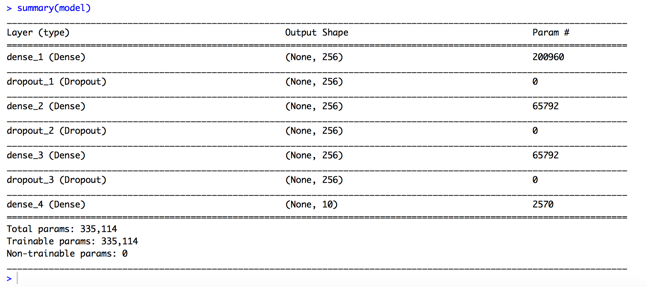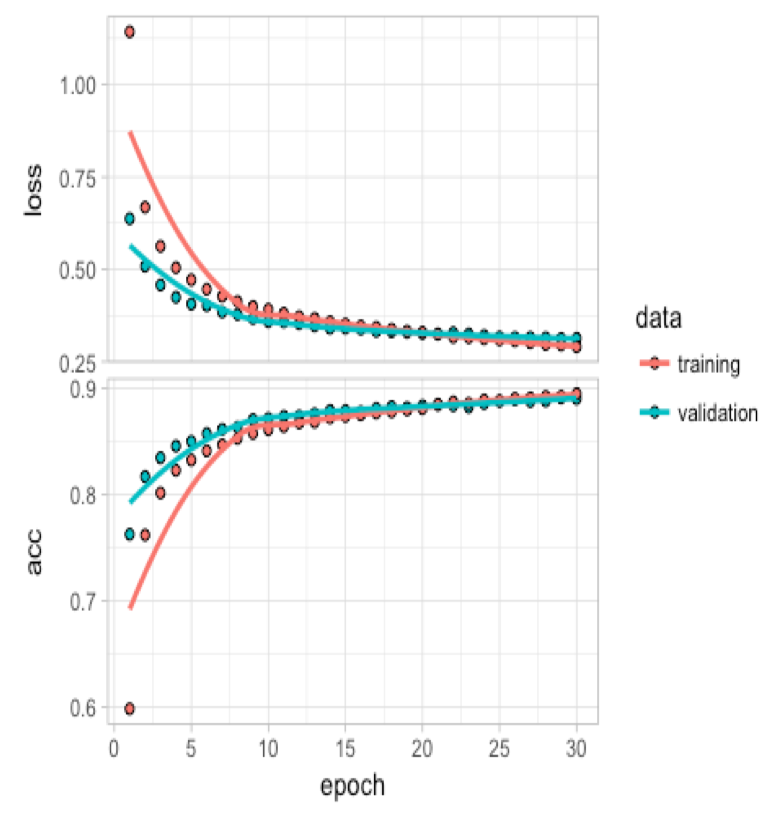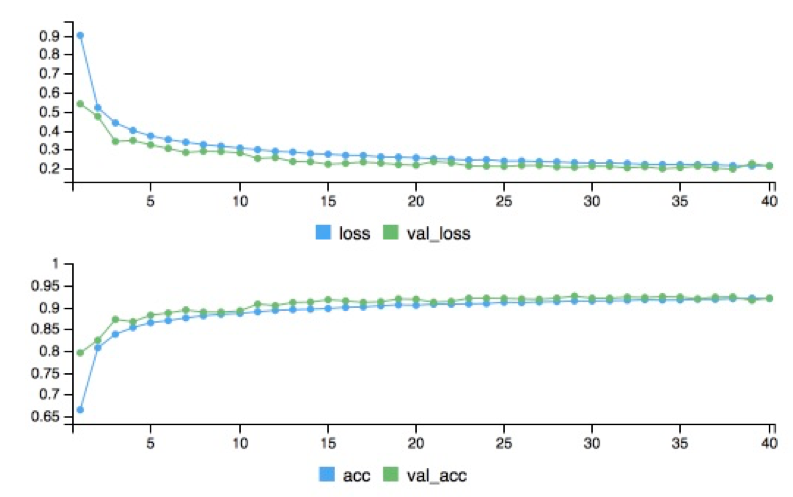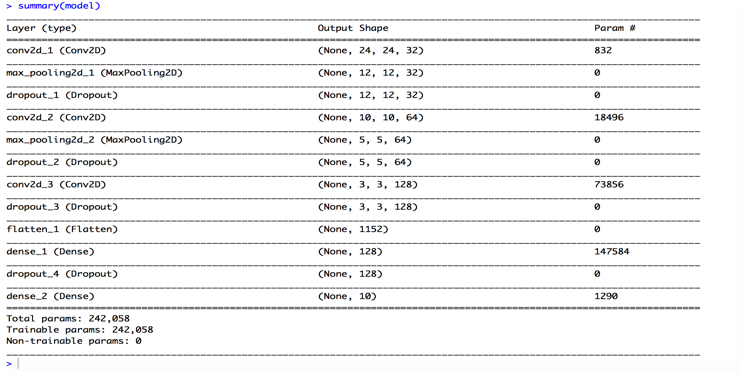FashionMNIST ConvNets Deep Learning Project
Using two Deep learning models to Classify the image from Fashion-MNIST dataset
- Basic Model (fully connected layer model)
- Convolutional neural networks (ConvNets)
Two models will use the Keras framework with R implementation.
Data Set
- 60000 images for training and 10000 images for testing
- Each example is a 28x28 gray-scale image, associated with a label from
- 0 T-shirt/top
- 1 Trouser
- 2 Pullover
- 3 Dress
- 4 Coat
- 5 Sandal
- 6 Shirt
- 7 Sneaker
- 8 Bag
- 9 Ankle boot
- 10 classes
- The dataset is CSV format. The detailed format is label, pixel1, pixel2, pixel3, … pixel784. Each image is 28 pixels in height and 28 pixels in width, for a total of 784 pixels in total
Problem Definition
- Train the 60000 images and test 10000 images to classify the image’s label
Problem Type
- Multi-Class and single-label classification
Model Configuration
- The softmax as the last-layer’s activation and the loss function will use the categorical_crossentropy.
Hyper-parameters setting
- Use the dropout and L2 regularization to reduce over-fitting effects.
Assembling Data Set
- dataset_fashion_mnist() function from Keras to download the dataset (simple model)
- Downloaded from the Kaggle.com, then use the read_csv() to manipulate the data (ConvNets Model)
Result
Simple Model Result
- Simple deep learning model achieves an accuracy of 88.11% and loss of 34.15%.


ConvNets Model Result
- ConvNets model achieves an accuracy of 91.85% and loss is 20%, up from the previous model’s accuracy of 88.11% and loss of 34.15%.


Summary
- Our ConvNets model achieved an accuracy of 91.85%. It turns out our classifier does better than the Kaggle’s best baseline reported here , which is an SVM classifier with mean accuracy of 89.7%.
- Comparing the simple model, ConvNets is the best model for the attacking the image classification problems.
- Tuning the model and hyper-parameters is very important to improve the accuracy.